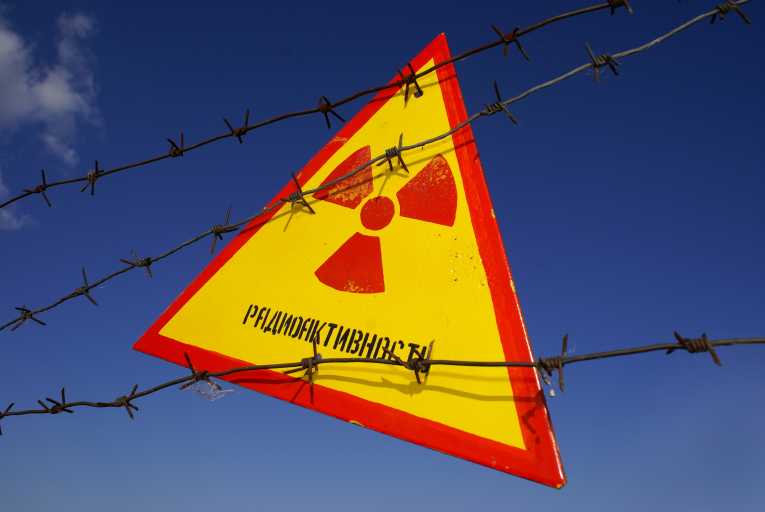Greenpeace has warned hundreds of thousands of people in the Ukraine could still face radiation poisoning after food in the area surrounding the exclusion zone at Chernobyl was found to be contaminated.
Chernobyl, the nuclear plant that caused devastation when it blew up in 1986, was shut off after the disaster with a 40 mile exclusion zone put into place. A shell was built over the plant in an attempt to reduce radioactive debris contaminating the surrounding areas.
Environmental campaigners and lobbying group Greenpeace conducted a study in the land outside the exclusion zone. They found potentially harmful levels of caesium 137, a radionuclide in milk and milk products, berries, mushrooms and root vegetables like beetroot and potatoes. As the staple of the Ukranian diet, this contamination risks exposing more of the population to potentially dangerous levels of radiation.
At a briefing on Sunday, as reported by Reuters, Greenpeace Scientist Iryna Labunska was critical of the Ukranian government who, two years ago, suspended a regular monitoring programme of food contamination in Chernobyl.
''It is absolutely premature to end this monitoring programme by the government because we still have to know the situation to be able to help people deal with these problems,'' Labunska said.
''There is an urgent need for thorough, scientifically based evaluation of radionuclide contamination of agricultural land, and adequate remedial treatment of all lands proposed for a return to agricultural use,'' Greenpeace said in a statement.
The briefing was of particular note because of the current international debate over the status of the Fukushima plant in Japan. A lack of information coming from the plant and the level of potential contamination is making it difficult for scientists to accurately assess its impact but a Greenpeace scientist, Dr Helmut Hirsch put the disaster on the same level as Chernobyl. His assessment , based on data published by the French government’s radiation protection agency (IRSN) and the Austrian governments Central Institute for Meteorology and Geodynamics claimed the level of radiation leaked from the Fukushima plant was equal to three Chernobyls. The Japanese disaster is currently considered a 'serious incident' and has been rated a 6 on the International Nuclear and Radiological Event Scale.
Chernobyl is rated as a 7 on the scale, which qualifies it as a 'major incident.'
Later this month will mark the 25th anniversary of the Chernobyl disaster, an event sure to mark more comparisons between the two countries and emphasise the lessons to be learnt for the Japan government.










